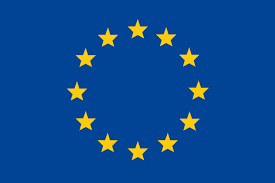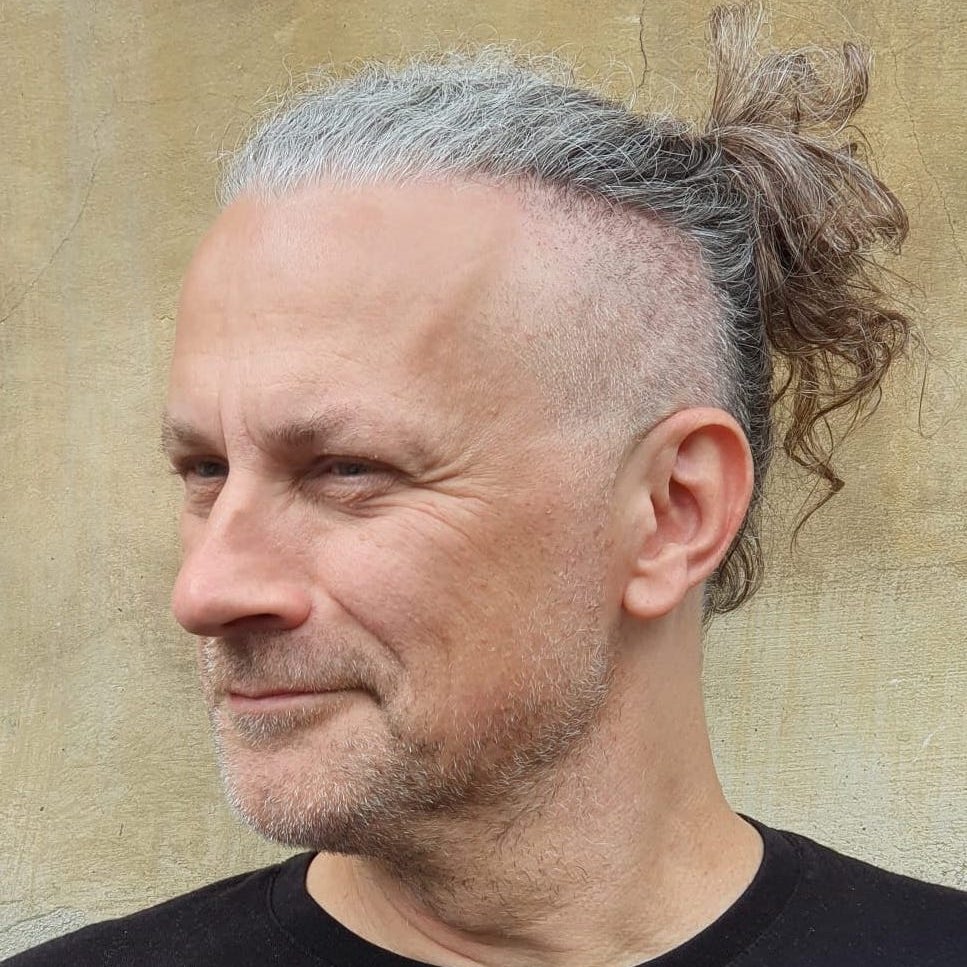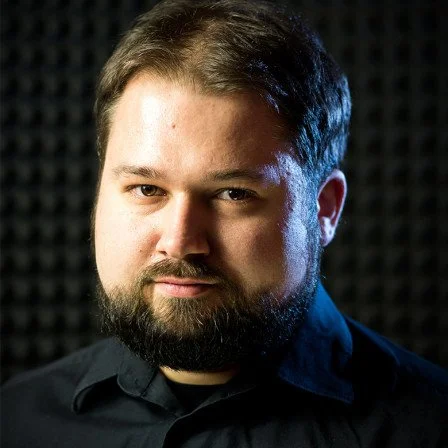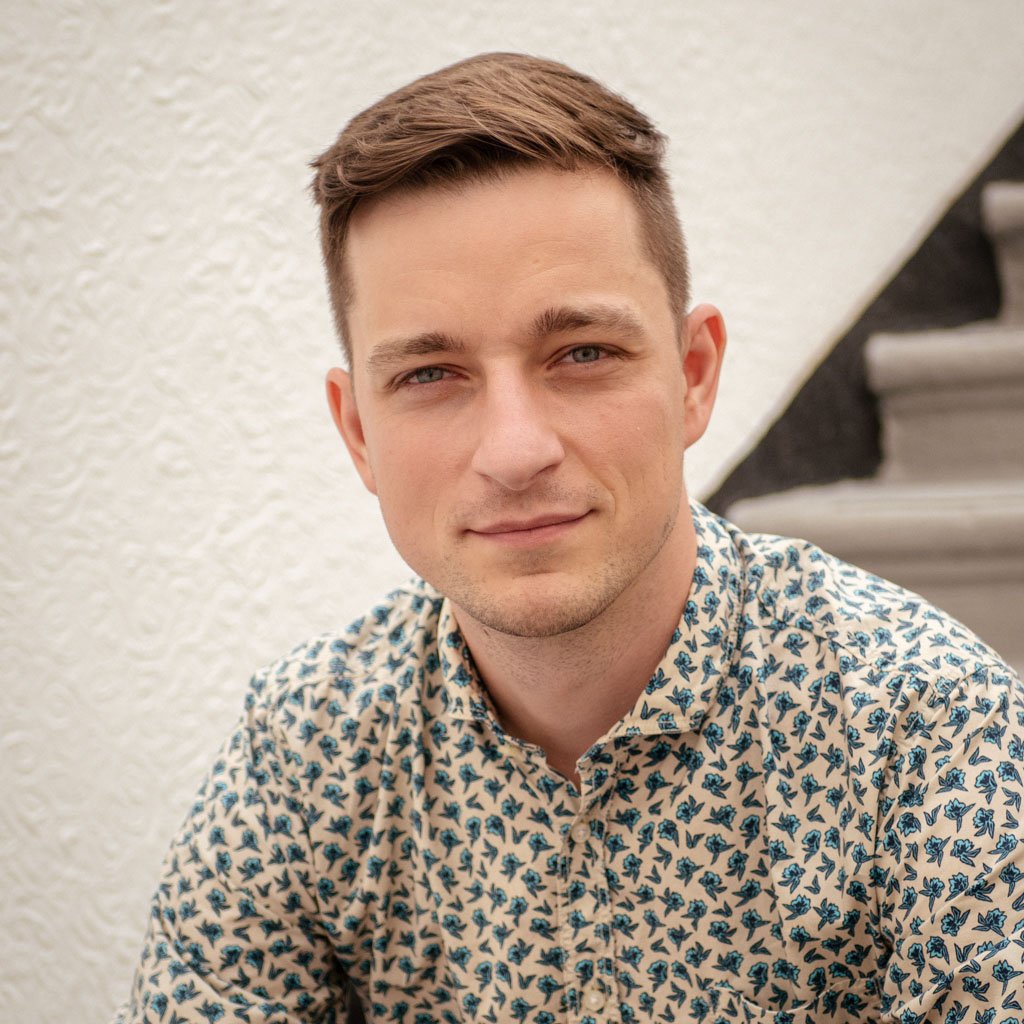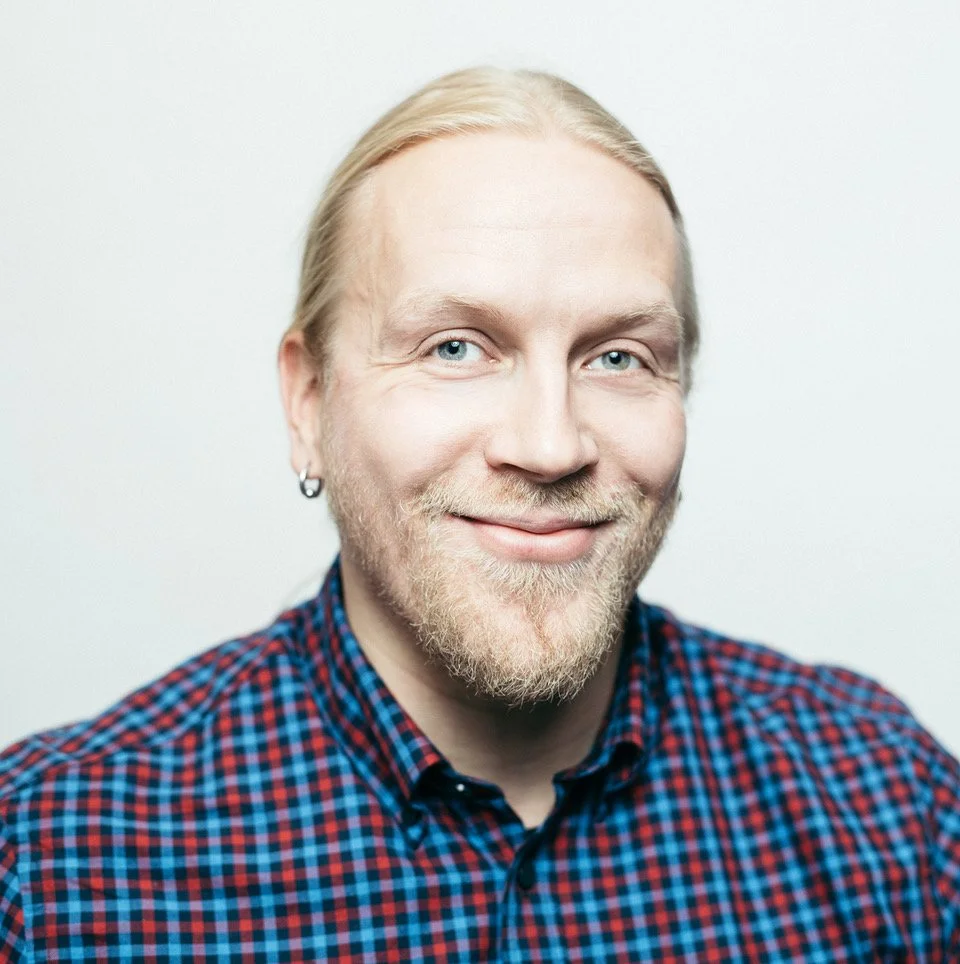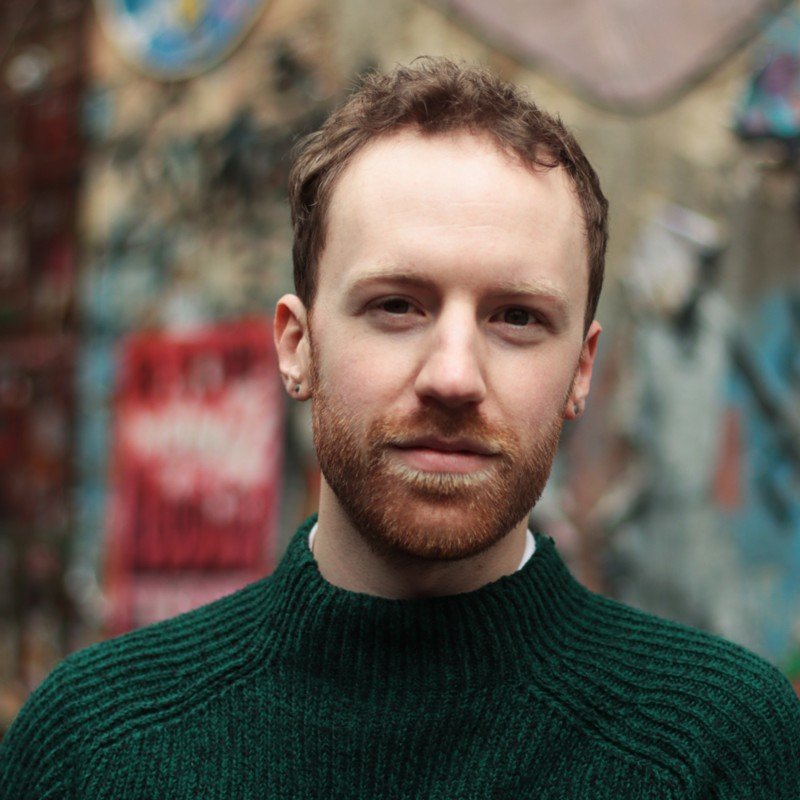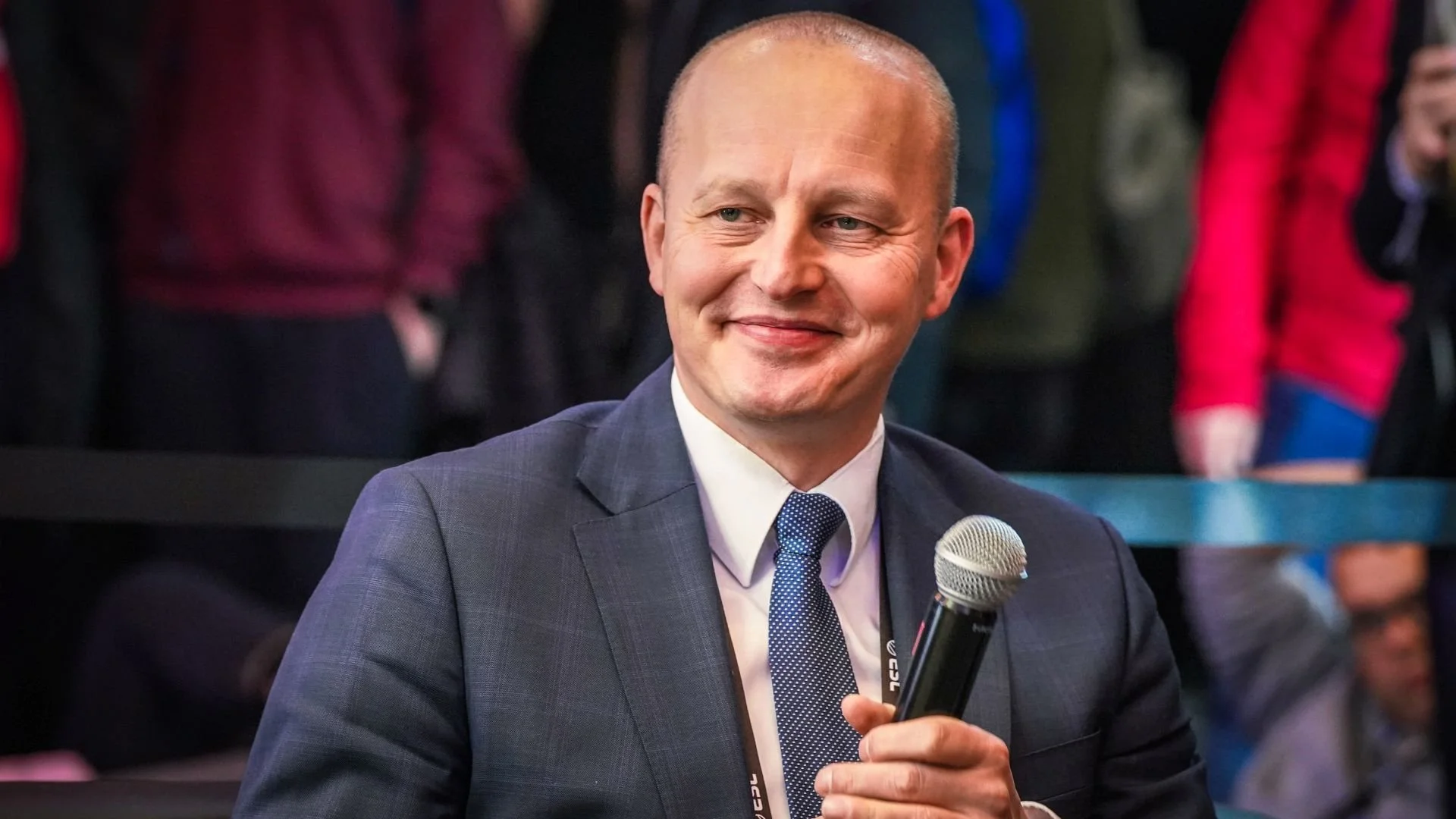
November 9th, 2024
9am - 6pm
Free Event
Green Gaming with STRATEGIES and Katowice European City of Science
Green Gaming Day is the culmination of the gaming week, part of Katowice 2024 European City of Science. Its aim is to educate and engage the public on the connected issues of sustainable gaming and cultural heritage. The event will draw on expertise from academics, industry and cultural leaders to explore how gaming media both contribute to and can mitigate the impacts of the climate crisis.
This event brings together expert participants from different fields: local educators, game developers, international scholars, local museums, business and institutions. There will be discussion panels and interactive workshops, as well as a chance to find out more about the European-wide STRATEGIES project: A Sustainable Transition for Europe’s Game Industries.
“European City of Science Katowice 2024 (ECSK 2024)
Katowice is the first city in Central Europe to have been crowned with the title of the European City of Science. ”
Our Goals
To share knowledge about the ecological impacts and potentials of gaming
To promote of cultural and scientific knowledge, achievements and initiatives, as well as provides a space for discussions that will contribute to the scientific community
To create collaboration between Katowice’s Silesian Museum and Gaming-Technological HUB, Guido Coal Mine in Zabrze, game developers, international academic experts on climate and gaming, and regional educational leaders
To promote local heritage and benefit conservation efforts in Silesia
Event Highlights
Introduction to Green Gaming: The event opens with a lecture and discussion, setting the stage for a day of insightful discourse on gaming and sustainability
Learn about the STRATEGIES project and how we are supporting SME game developers to meet climate and green deal goals.
Expert panels on diverse topics, including the influence of games on environmental awareness, strategies for green transformation in technology, and local initiatives contributing to sustainability.
Take part in hands-on sessions on creating and engaging with eco-friendly games, translating knowledge into practical experience.
Networking opportunities for creative professionals, academics and educators.
Meet the Speakers
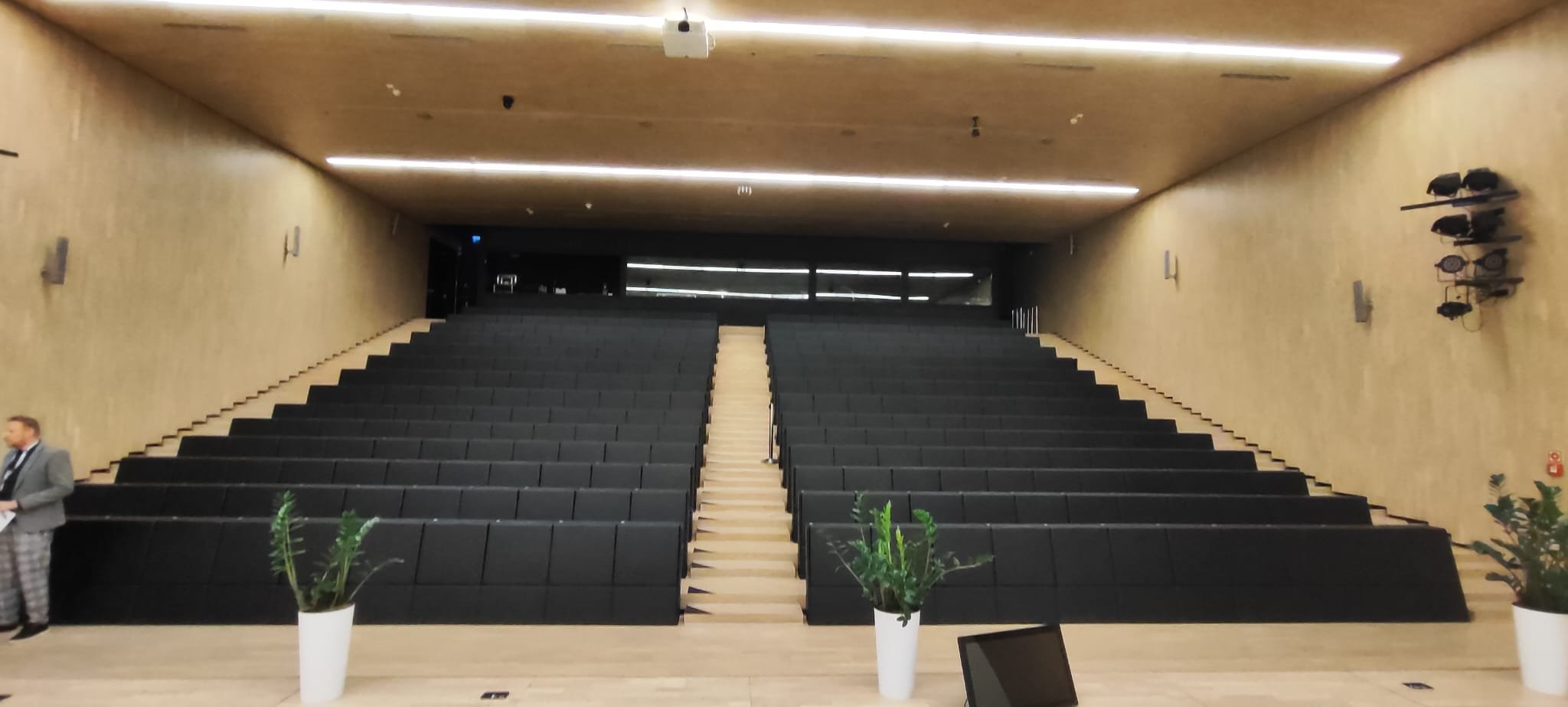
Schedule
9:00am – 10:00am Arrival and Registration
Registration on site. The maximum number of participants is 300. Please note that minors may only participate under the supervision of an adult.
10:00am – 10:45am Introduction [English and Polish]
Sonia Fizek, Paweł Frelik, Agnieszka Kliś-Brodowska and Michał Kłosiński
BREAK
11:00am – 12:30pm Panel 1: Making Games in a time of Climate Crisis [In English]
Ruth Eggel, Mateusz Hyla, Aleksander Kauch, Matthes Linder, Lukáš Kolek, Jiri Kupiainen, Maria Wagner, and Trevin York.
BREAK
12:45pm - 14:00pm Panel: Regional initiatives in green transformation, gaming, and technology [in Polish]
Piotr Budzisz, Adam Pisarek, Dominik Koziarski, Karol Makles and local educators
BREAK
15:00pm - 16:00pm STRATEGIES Project and Ecogames book presentation [in English]
Sonia Fizek, Paweł Frelik, Chloé Germaine, and Paul Wake
16:00pm - 16:15pm Closing Remarks
16:15pm - 17:30pm Workshop 1: Hacking Games to Reimagine Production [English and Polish]
Chloé Germaine, Paul Wake, and Agnieszka Kłis-Brodowska
Please note that workshops are open to pre-registered students only.
16:15pm - 17:30pm Workshop 2: Playing Climate Games [English and Polish]
Vit Paszto, Timo Fluitsma, and Michał Kłosiński
Please note that workshops are open to pre-registered students only.
17:30pm - 17:45pm Closing Remarks
Venue Information
Green Gaming takes place in the Auditorium of the Silesian Museum/Muzeum Slaskie, ul. T. Dobrowolskiego 1, 40-205 Katowice, Poland. You can find out more about the venue here.
Information for visitors to Katowice, including transport links and accommodation.
Registration for this event will be available on site. We can host up to 300 people for our panels and presentations, but the workshops are for pre-registered students only (30 people). If you would like further information please email: C.Germaine@mmu.ac.uk or agnieszka.klis@us.edu.pl.
Green Gaming is co-funded by STRATEGIES, which is co-funded by the European Union and UKRI. The project has received funding from the UK Research and Innovation Horizon Guarantee Programme and the European Union’s Horizon Research and innovation Programme under Grant Agreement No. 101132538. Views and opinions expressed are however those of the author(s) only and do not necessarily reflect those of the European Union or UK Research and Innovation.

